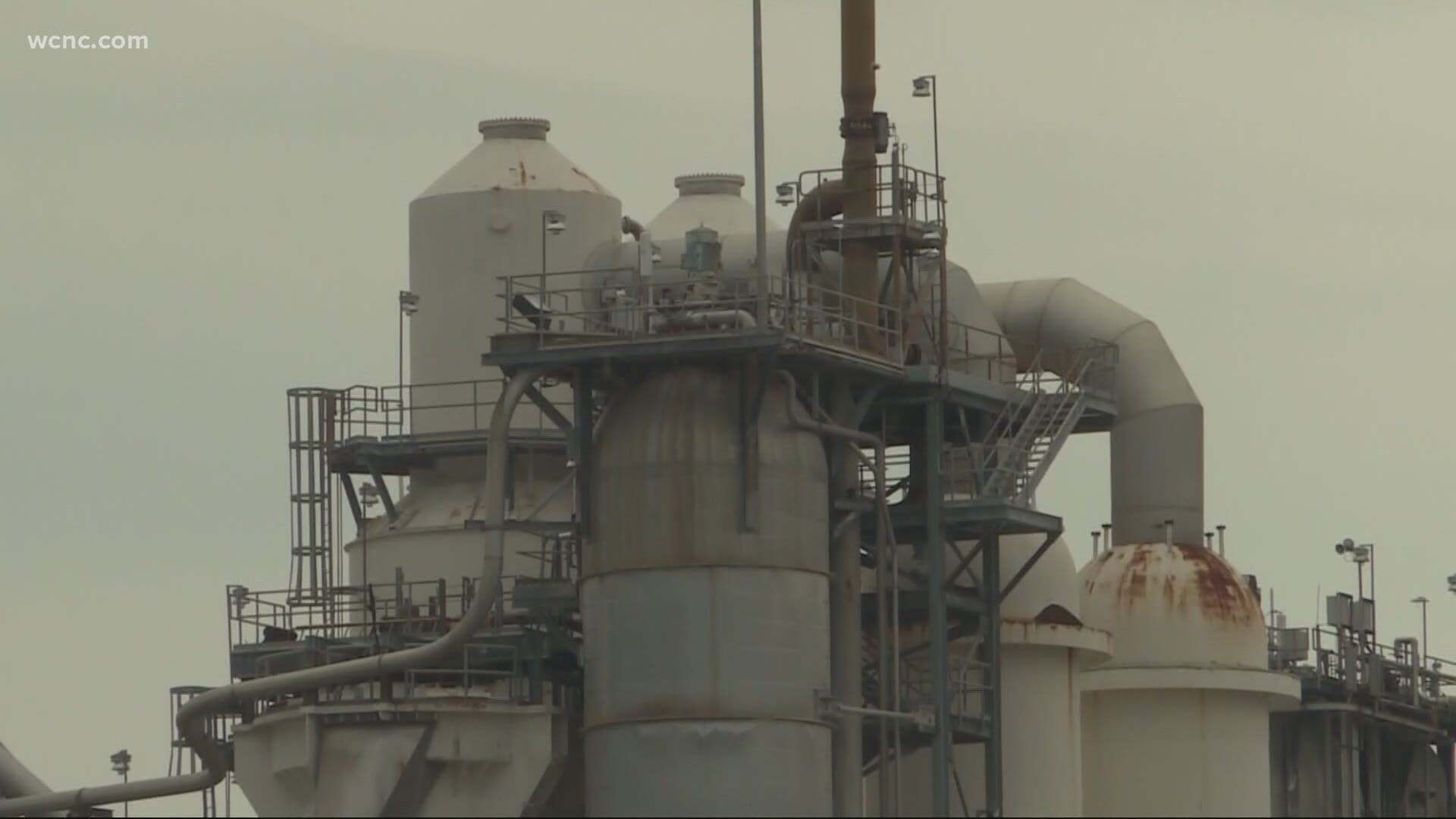CATAWBA, S.C. — Newly-released documents reveal several problems New-Indy Containerboard faced in the months before the company began receiving complaints about its foul odor.
According to a 342-page corrective action plan the company submitted to South Carolina's Department of Health and Environmental Control (DHEC), New-Indy admitted they "experienced a rough operational startup, which was more difficult than anticipated."
Complaints about the company's odor, which DHEC and the Environmental Protection Agency (EPA) determined to be hydrogen sulfide, began earlier this year as New-Indy transitioned from bleached white paper to the brown paper used in packaging.
Homeowners have reported headaches, nausea and nosebleeds as a result of the odor.
Both DHEC and the EPA ordered the company to lower its hydrogen sulfide emissions, requiring the company to submit a corrective action plan
According to the plan, New-Indy believes the source of the hydrogen sulfide odor is its wastewater treatment plant.
The company said the biggest problems hindering its wastewater treatment efforts are the formation of a thick floating layer of foam and fiber, and the accumulation of settled solids.
The company said the area's cold, wet weather between January and March of this year contributed to the "rough operational startup."
Under the corrective actions and timeline section of the report, the company outlined seven areas where it plans to improve its wastewater treatment processes.
But in a seven-page response, DHEC ordered New-Indy to make several changes to its plan, including more detailed timelines of each repair.
In its report, the company said it's "...worked tirelessly to respond to the complaints, evaluate New-Indy’s operations and address reported odors."
However, New-Indy has been accused of shifting blame for the odor away from the mill and to other potential causes.
Homeowners continue to express alarm about the potential long-term health effects of hydrogen sulfide.
University of South Carolina Professor April Hiscox studies air pollution, and she said there are still many questions on how hydrogen sulfide affects humans.
"There are not well-documented long-term health effects of that," Prof. Hiscox said. "It's really under-studied."
She said even if New-Indy successfully implements its corrective action plan, the foul odor could still affect homeowners in the future, particularly at night and during strong weather events.
"I would expect that residents would potentially have odor issues infrequently," Prof. Hiscox said.
New-Indy must submit a revised corrective action plan to DHEC before Friday afternoon.

